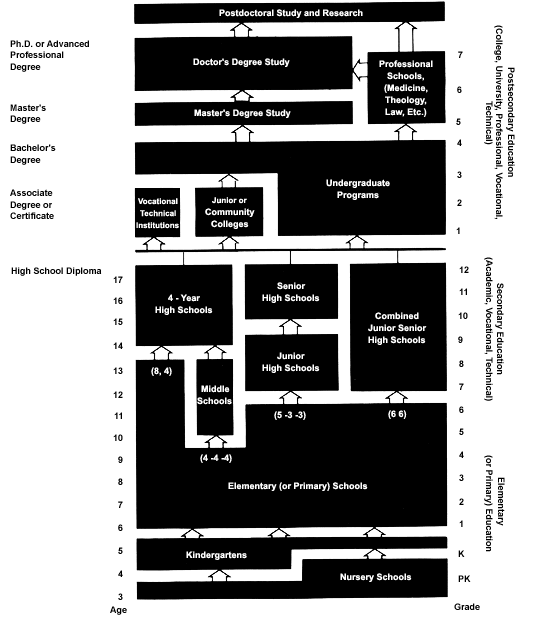- Joined
- Dec 31, 2008
- Messages
- 67
- Reaction score
- 0
Hi everybody! First of all I wish you happy new year and lots of success! Maybe this kind of topic already was posted but because I'm newbie at this forum, couldn't find any 🙁
So the problem is that in nearly 2 years, I'll be finishing
Tbilisi State Medical University in Georgia and want to continue my studing in MD/PhD but it's very unlikely to do it here 🙁, so I decided to study it abroad (in USA or in Europe), but I don't have enough information about that. So can you guys give me some advice? For example, people who pass USMLE exams, get in residency in US and study for free, so are there any kind of exams or other things like that to get similar residency in MD/PhD in United States?
Thank you for any kind advice preliminarily! any kind and any quantity of advice will be welcomed! 🙂
So the problem is that in nearly 2 years, I'll be finishing
Tbilisi State Medical University in Georgia and want to continue my studing in MD/PhD but it's very unlikely to do it here 🙁, so I decided to study it abroad (in USA or in Europe), but I don't have enough information about that. So can you guys give me some advice? For example, people who pass USMLE exams, get in residency in US and study for free, so are there any kind of exams or other things like that to get similar residency in MD/PhD in United States?
Thank you for any kind advice preliminarily! any kind and any quantity of advice will be welcomed! 🙂

